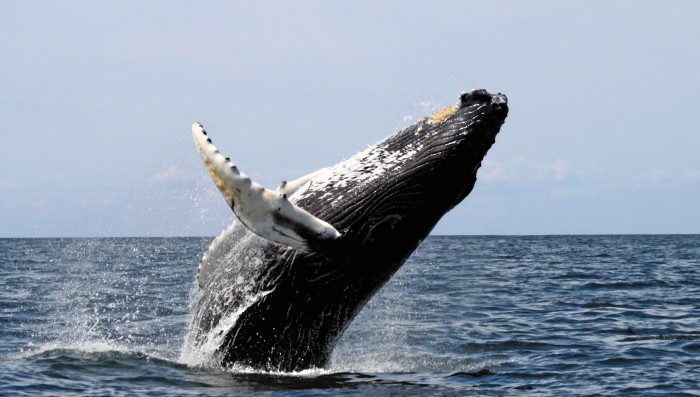The latest Environment and Society featured article is now available! This month’s article, “Contradictions in Tourism: The Promise and Pitfalls of Ecotourism as a Manifold Capitalist Fix,” comes from Volume 3 (2012). Robert Fletcher and Katja Neves review an interdisciplinary literature exploring the relationship between tourism and capitalism focused on ecotourism in particular.
Visit the featured article page to download your copy of the article today before it’s gone! A new article is featured every month.

ROBERT FLETCHER is associate professor in the Sociology of Development and Change group at Wageningen University in the Netherlands. He has conducted ethnographic research in North, Central, and South America concerning the practice of ecotourism as a strategy for environmental conservation and sustainable development in addition to working for many years as an ecotourism guide and planner in a variety of locations. He is the author of Romancing the Wild: Cultural Dimensions of Ecotourism (Duke University Press, 2015).
KATJA NEVES is associate professor of Sociology of the Environment at Concordia University, Montreal, Canada. She has recently completed two research projects funded by the Social Sciences and Humanities Research Council (SSHRC) Canada (a Standard Research Grant and an Insight Development Grant) to investigate the contemporary reinvention of urban botanical gardens around the world as agents of biodiversity conservation. Results of this research will appear in her forthcoming book, Post-Normal Conservation: The Re-Ordering of Biodiversity Governance and Environmental Subjectivity, which accounts for the emergence of urban socio-natures and the establishment of multistakeholder governmentality within the context of post-2008 austerity discursive economic frameworks. In 2016, Dr. Neves began a new five-year SSHRC-funded project (an Insight Research Grant) titled Botanic Gardens and the Politics of National and Transnational Environmental Governance. It tackles newly emerging systems of environmental governance while going beyond extant accounts of neoliberal biodiversity conservation. Additional information can be found here.

